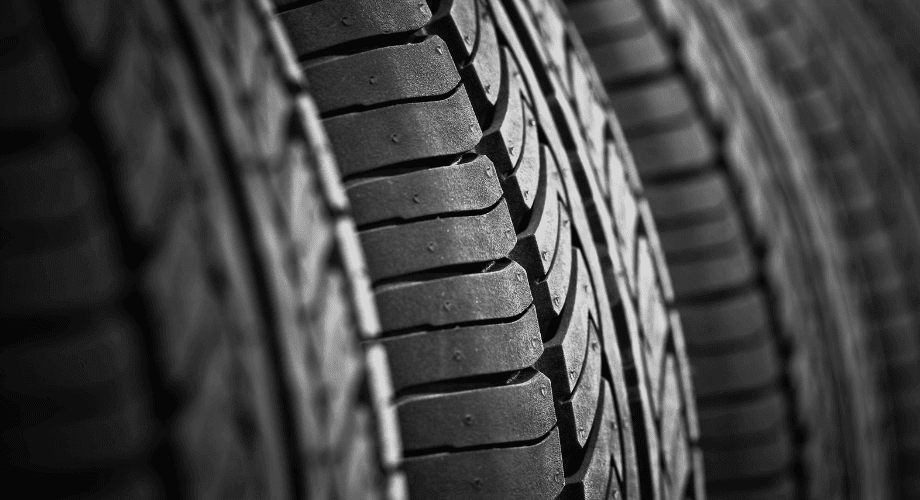Continental uses best sustainable tyre materials to make tyres that are strong, safe, and eco-friendly. Their tyres use renewable and recycled materials that reduce waste and pollution. This article explains how these materials work, why they are good for the environment, and how Continental sets an example for tyre makers worldwide.

Understanding Continental Why Continental Uses Best Sustainable Tyre Materials
Continental Tyres is making headlines in the automotive industry by adopting the best sustainable tyre materials, which marks a significant shift towards environmentally responsible manufacturing practices. These materials, derived from renewable resources, not only help in conserving the planet but also maintain the high-quality performance that Continental is known for.
Key Innovations in Sustainable Tyre Production
Natural Rubber Sourcing: One of the key innovations in sustainable tyre production is the use of natural rubber sourced from sustainable plantations. This approach ensures that the raw material used has a lower environmental footprint. Traditional rubber production is often linked to deforestation and biodiversity loss, however, Continental prioritises rubber sourced from certified growers who practice responsible harvesting techniques.
- Contributes to sustainability
- Ensures a steady supply without jeopardising ecosystems
Use of Recycled Materials
In addition to natural rubber, Continental is exploring the use of recycled materials. For instance, some of their asphalt formulations incorporate recycled content, significantly lowering the demand for new materials. The process of recycling also reduces energy consumption, which further diminishes greenhouse gas emissions during tyre production.
Innovative Materials: Silica from Rice Husk Ash
A noteworthy example is the introduction of silica made from rice husk ash in their tyre formulations. This innovative material:
- Replaces the conventional carbon black used in tyre production
- Enhances rolling resistance and improves fuel efficiency
- Utilises abundant and biodegradable by-products like husk ash
This move towards incorporating rice husk ash showcases Continental’s commitment to closing the sustainability loop and setting a benchmark in the industry.
Durability in Design
Furthermore, the design of Continental’s tyres also reflects sustainable practices. The patterns and tread designs are engineered to:
- Reduce wear and tear
- Prolong the tyre’s lifespan
This means fewer tyres are needed over time, leading to reduced waste. Continental’s emphasis on durability aligns with its vision of sustainability, showing that high-performance doesn’t have to come at the expense of the environment.
Community Engagement and Awareness
To promote awareness about sustainable practices, Continental actively engages with its customers and the wider community. They share insights into their sustainability goals and achievements through various channels, encouraging others in the industry to follow suit. For more information about their initiatives, you can visit their Sustainability Commitment.
Final Thoughts
Continental is committed to using sustainable materials in tyre manufacturing. Their approach benefits both the environment and vehicle performance. As people become more eco-conscious, Continental sets an example in the automotive industry by proving that sustainability and quality can work together.
Next Steps
- Consider creating content that compares tyre brands on sustainability to inform and attract environmentally conscious readers.
- Visit Continental’s Innovations in Tyre Materials page to learn more about their products and sustainability practices.
- Share this knowledge with your audience to highlight brands making eco-friendly changes.


